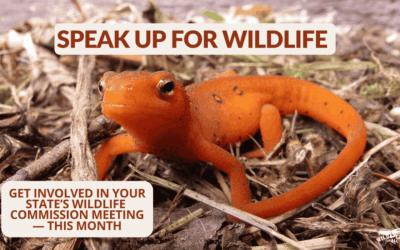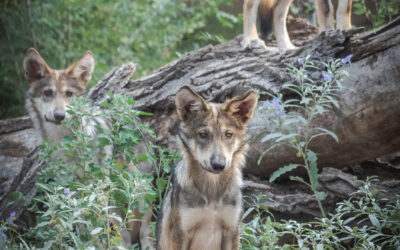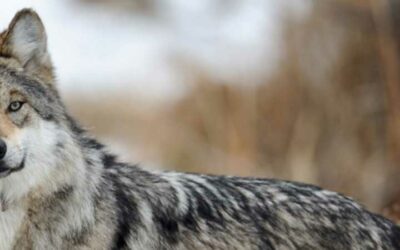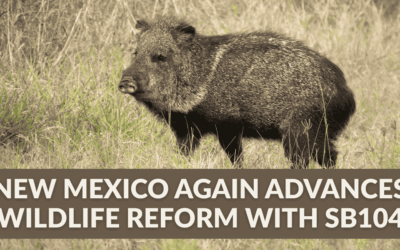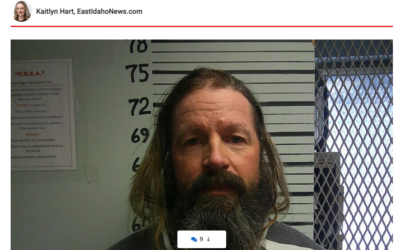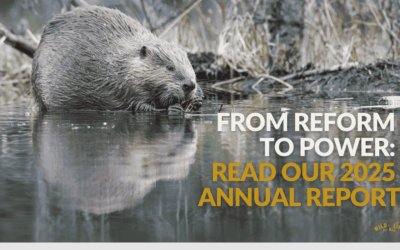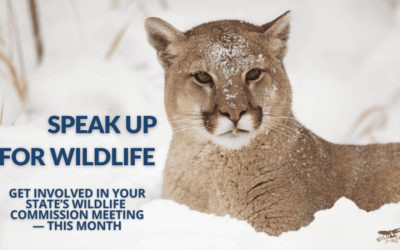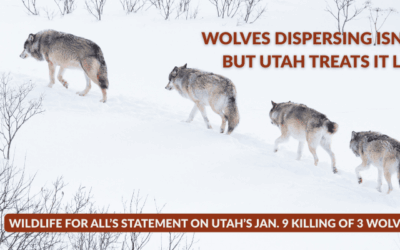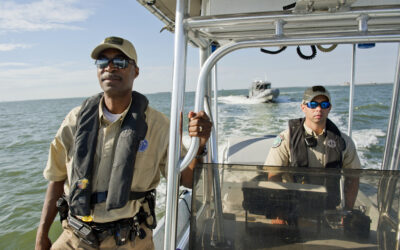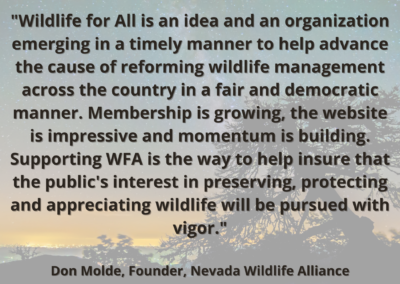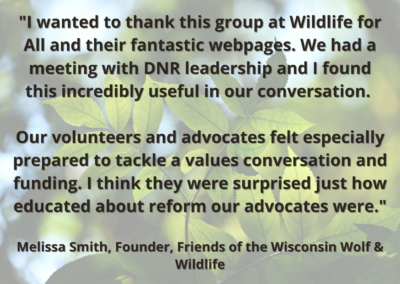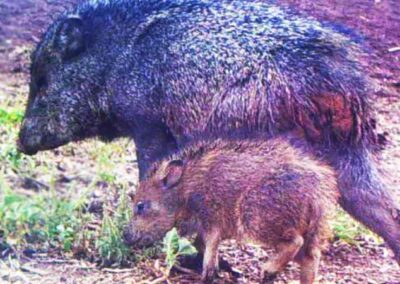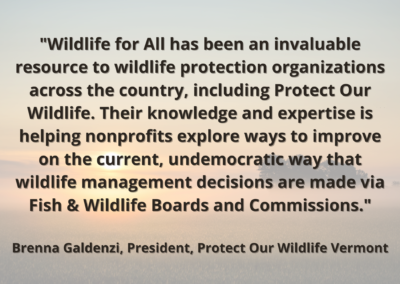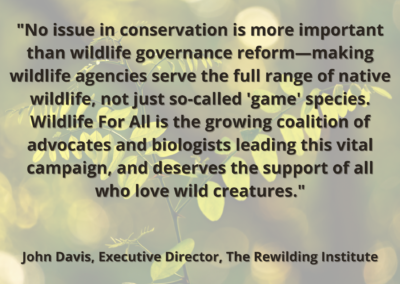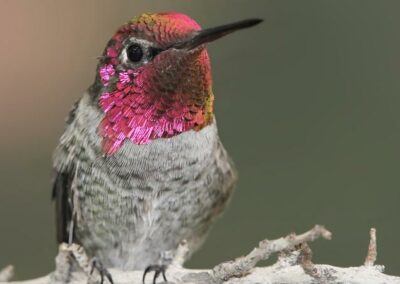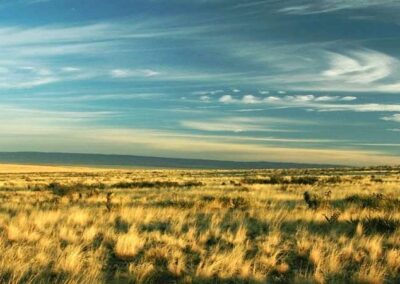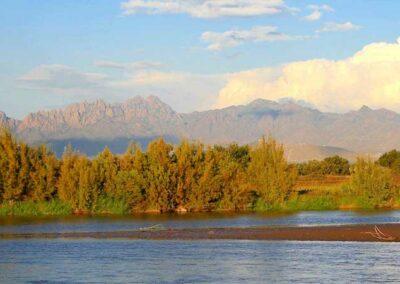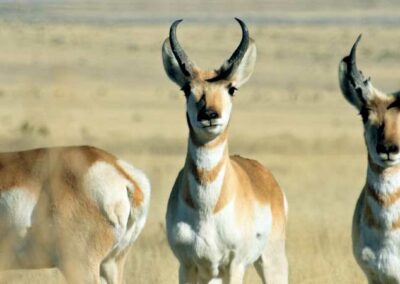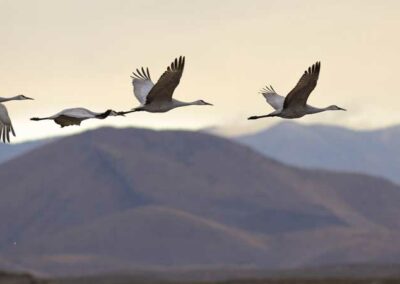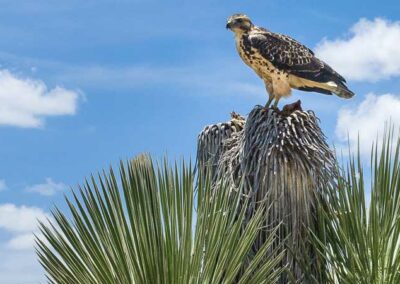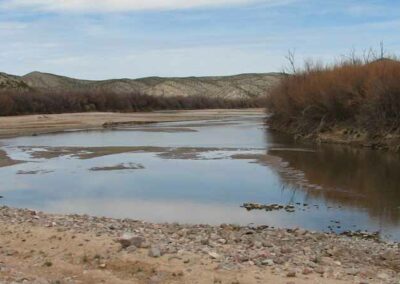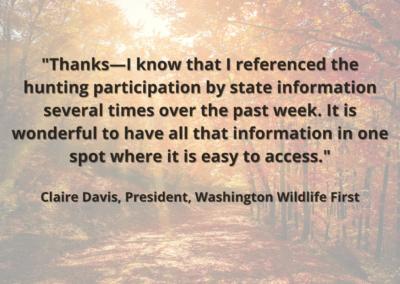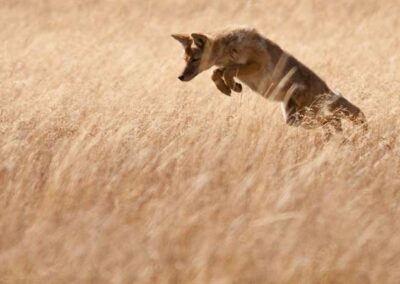Wildlife for All is a national movement to reform state wildlife management to be more democratic, just, compassionate, and focused on protecting wild species and ecosystems.
- Democratic:
- Because wildlife is held in the public trust and everyone should have a voice in wildlife decisions.
- Just:
- Because wild animals deserve to be treated fairly as members of the community of life.
- Compassionate:
- Because wild animals are sentient beings worthy of our empathy and respect.
- Focused on ecological health:
- Because of the urgent need to protect species and ecosystems in the face of a global extinction crisis.
Wildlife for All is a national campaign to reform state wildlife management to be more democratic, just, compassionate, and focused on protecting wild species and ecosystems.
- Democratic:
-
- Because wildlife is held in the public trust and everyone should have a voice in wildlife decisions.
- Just:
- Because wild animals deserve to be treated fairly as members of the community of life.
- Compassionate:
- Because wild animals are sentient beings worthy of our empathy and respect.
- Focused on ecological health:
- Because of the urgent need to protect species and ecosystems in the face of a global extinction crisis.
Wildlife for All
A national campaign to reform state wildlife management to be more democratic, just, compassionate, and focused on protecting wild species and ecosystems.
- Democratic:
- Because wildlife is held in the public trust and everyone should have a voice in wildlife decisions.
- Just:
- Because wild animals deserve to be treated fairly as members of the community of life.
- Compassionate:
- Because wild animals are sentient beings worthy of our empathy and respect.
- Focused on ecological health:
- Because of the urgent need to protect species and ecosystems in the face of a global extinction crisis.
March Wildlife Commission Meetings
Speak out and take action at March wildlife commission meetings: find dates, states, and resources on this page.
Show Up March 4 to Protect Colorado’s Furbearers
Tell the Colorado Parks & Wildlife Commission to stop the commercial sale of fur to protect Colorado’s furbearers.
Mexican Gray Wolf Numbers Reach 319 in Southwest
Southwest wildlife agencies today jointly announced that the number of endangered Mexican gray wolves in the Southwest grew to 319 in 2025.
Trump Administration Allows Ranchers to Kill Endangered Mexican Wolf
A newly revealed USFWS document allows ranchers to kill any one endangered Mexican gray wolf in two New Mexico grazing allotments.
New Mexico Again Advances Wildlife Reform with SB104
Yesterday, the New Mexico Senate unanimously passed SB104, strengthening wildlife commission independence and governance reform.
Charges Against Hunting Influencer Raise Questions About Wildlife Violations
The recent charges against hunting influencer Ryan Lampers raise important questions about how wildlife violations are handled, and who is held accountable.
2025 Annual Report: From Breakthrough to Building Power
We’re proud to share our 2025 Annual Report, which captures a year of historic progress, strategic clarity, and expanding public power for wildlife and democracy.
February Wildlife Commission Meetings
Speak out and take action at February wildlife commission meetings: find dates, states, and resources on this page.
Utah Killed Three Dispersing Wolves Just For Existing In The State
On Jan. 9, Utah killed three dispersing gray wolves near Avon because their presence alone violated the state’s unofficial “no wolves” policy.
287(g): When Wildlife Agencies Become Immigration Police
The 287(g) program allows local officers to detain and transfer people to ICE and wildlife agencies are participating directly.
ICE Out For Good
Wildlife for All stands in solidarity with all those terrorized by ICE and invites you to take action to hold ICE accountable and support communities with us.
Taylor, the Boundary-Defying Wolf, Found Dead on Interstate 40 in New Mexico
Taylor, the Mexican gray wolf famous for establishing a home range near Mount Taylor, was found dead over the weekend in New Mexico.
Looking for the Southwest Environmental Center? You’re in the right place. Read more here.

